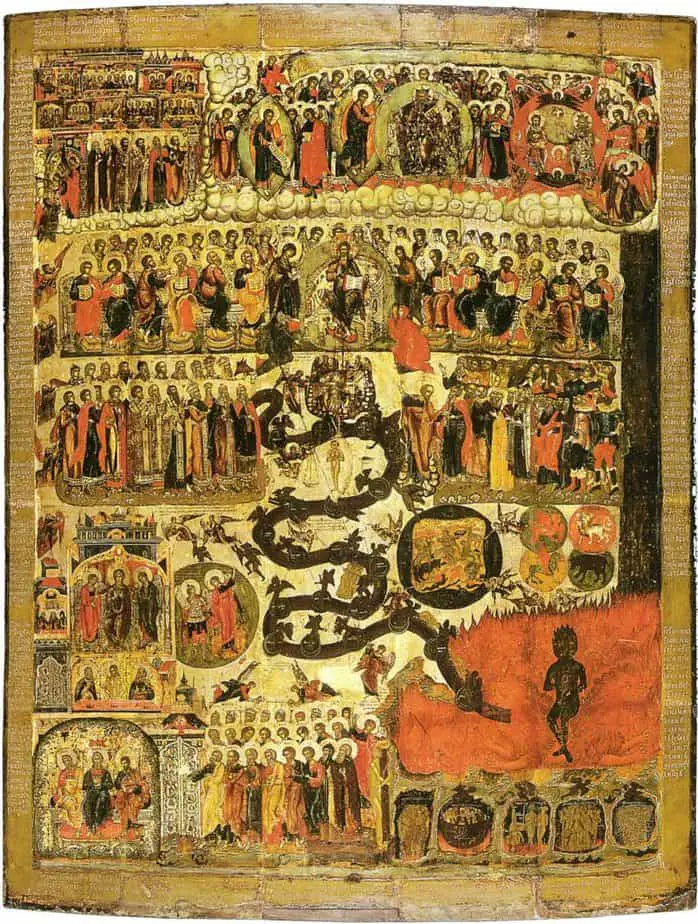St. Pachomius the Great: . . . shun the satisfactions of this age, so as to be happy in the age to come. . . .

“As for you, my son, shun the satisfactions of this age, so as to be happy in the age to come. Do not be negligent, letting the days pass by till unexpectedly they come looking for you and you arrive at the straits of your anguish and the ‘horror-faces’ surround you and drag you off violently to their dark place of terror and anguish. Do not be sad when you are cursed by men; be sad and sigh when you sin — this is the true curse — and when you go away bearing the sores of your sins.
If you have hit your brother, you will be handed over to pitiless angels and you will be chastised in torments of fire for all eternity.”
+ St. Pachomius the Great, Pachomian Koinonia III: Instructions, Letters, and Other Writings of Saint Pachomius and His Disciples. The Instructions of Saint Pachomius, 23,41

